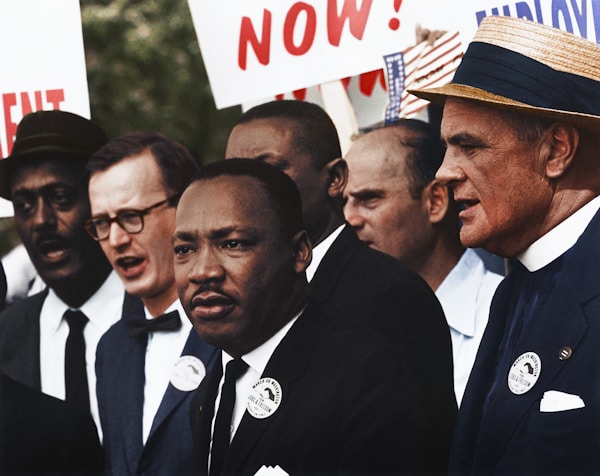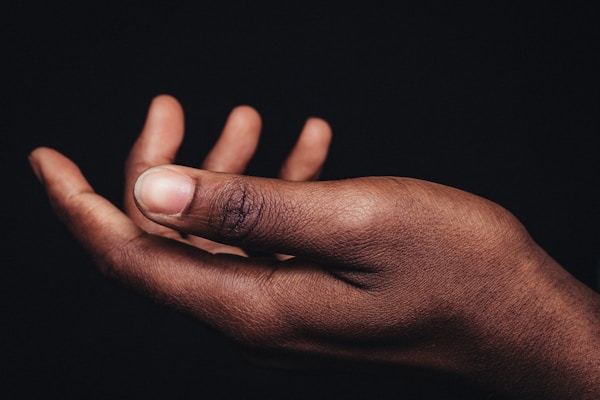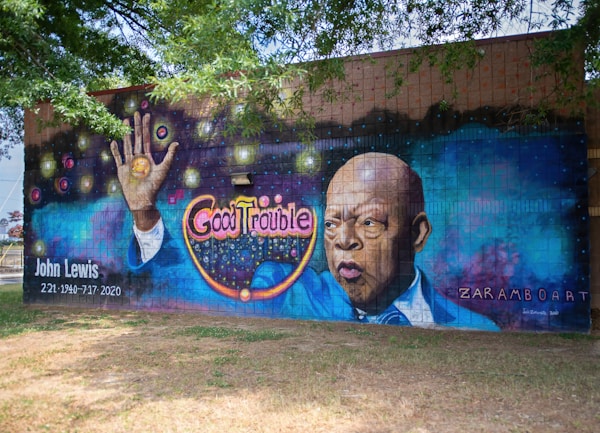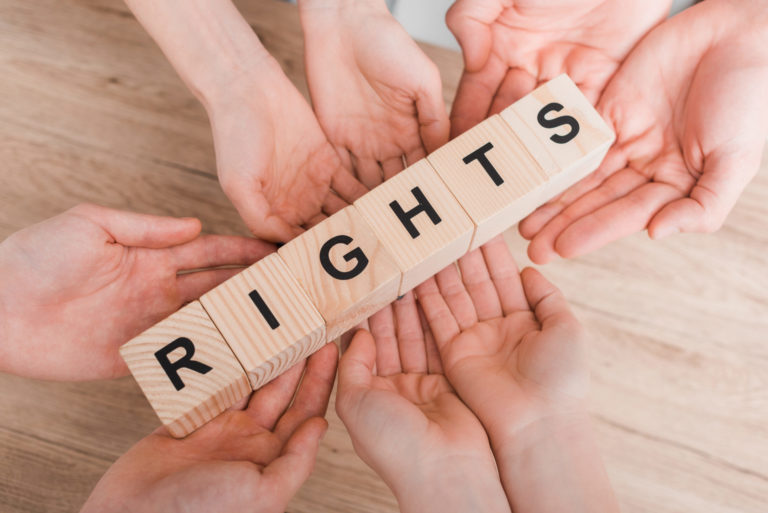The fight for civil rights has been an ongoing battle that continues even today as civil rights attorneys like Andrew Stroth dedicate their careers to fighting for justice for victims of police brutality, racial profiling, and other social injustices. In this article, we’ll be discussing civil rights leaders who made a difference and helped shape American society in the fight for equality and justice initiative. Keep reading to learn more about these inspiring people.
Martin Luther King Jr.

Dr. Martin Luther King Jr. is widely known as one of the most influential civil rights leaders in United States history. He is celebrated for his work in advancing civil rights and racial equality through peaceful, nonviolent means.
Born in 1929 in Atlanta, Georgia, King was raised in a religious family committed to social justice. After attending college and earning his doctorate, King became a pastor and began working in the civil rights movement. In 1955, he was appointed leader of the Montgomery Bus Boycott, and in 1963, he delivered his famous “I Have a Dream” speech at the March on Washington.
King’s advocacy for civil rights extended beyond race relations. He also championed the causes of economic justice, anti-poverty programs, and religious freedom. He was assassinated in 1968, but his legacy lives on in the many achievements of the civil rights movement he helped lead.
Coretta Scott King

Coretta Scott King was born in Boston, Massachusetts, on April 27, 1927. Her parents were both highly educated: Her father was a minister and her mother a teacher. Coretta was raised in a religious household and attended Antioch College. After graduating, she moved to Alabama where she met Martin Luther King Jr., who was preaching at the Dexter Avenue Baptist Church in Montgomery. The two married in 1953 and had four children together.
Mrs. King played an important role in the civil rights movement alongside her husband. She founded the Martin Luther King Jr. Center for Nonviolent Social Change, helped to found the Southern Christian Leadership Conference (SCLC), and served as its first president from 1957 to 1968. Mrs. King also traveled extensively throughout the U.S. and abroad advocating for civil rights and peace. In 1970, she published her autobiography “My Life With Martin Luther King Jr.,” which won the National Book Award for nonfiction writing.
After Dr. King’s assassination in 1968, Mrs. King continued to work tirelessly on behalf of racial equality and social justice until her death in 2006 at the age of 78.
John Lewis

John Lewis is a civil rights leader who was born in Alabama in 1940. He became involved in the civil rights movement when he was just a teenager, and throughout his career, he has been an advocate for equality and justice for all people. He has been involved in many important protests and movements, including the march on Selma and the Freedom Ride. He is also a member of Congress and continues to fight for the rights of all Americans.
Rosa Parks

Rosa Parks was born in Tuskegee, Alabama, on February 4, 1913. She was an activist during the Civil Rights Movement. In December of 1955, she refused to give up her bus seat to a white person, which led to her arrest. This sparked the Montgomery Bus Boycott, which lasted for 381 days. Rosa Parks later helped found the Southern Christian Leadership Conference (SCLC), and she served as its first secretary.
Barbara Jordan

Barbara Jordan was born in Houston, Texas, on February 21, 1936. Jordan attended Texas Southern University, where she earned a degree in political science. After college, Jordan began her career as a civil rights lawyer and served as the first Black member of the Texas Legislature since Reconstruction. In 1976, Jordan was elected to the United States Congress and became the first African American woman to serve as a U.S. senator from Texas. As a legislator, Jordan championed progressive causes such as civil rights, education reform, and health care reform. She also played a key role in the passage of the Americans with Disabilities Act of 1990. Jordan was known for her eloquent speeches and her commitment to public service. She passed away from leukemia on January 17, 1996.
In summary, civil rights leaders have made a difference in society by advocating for the rights of all people to create a more just and equitable society.

